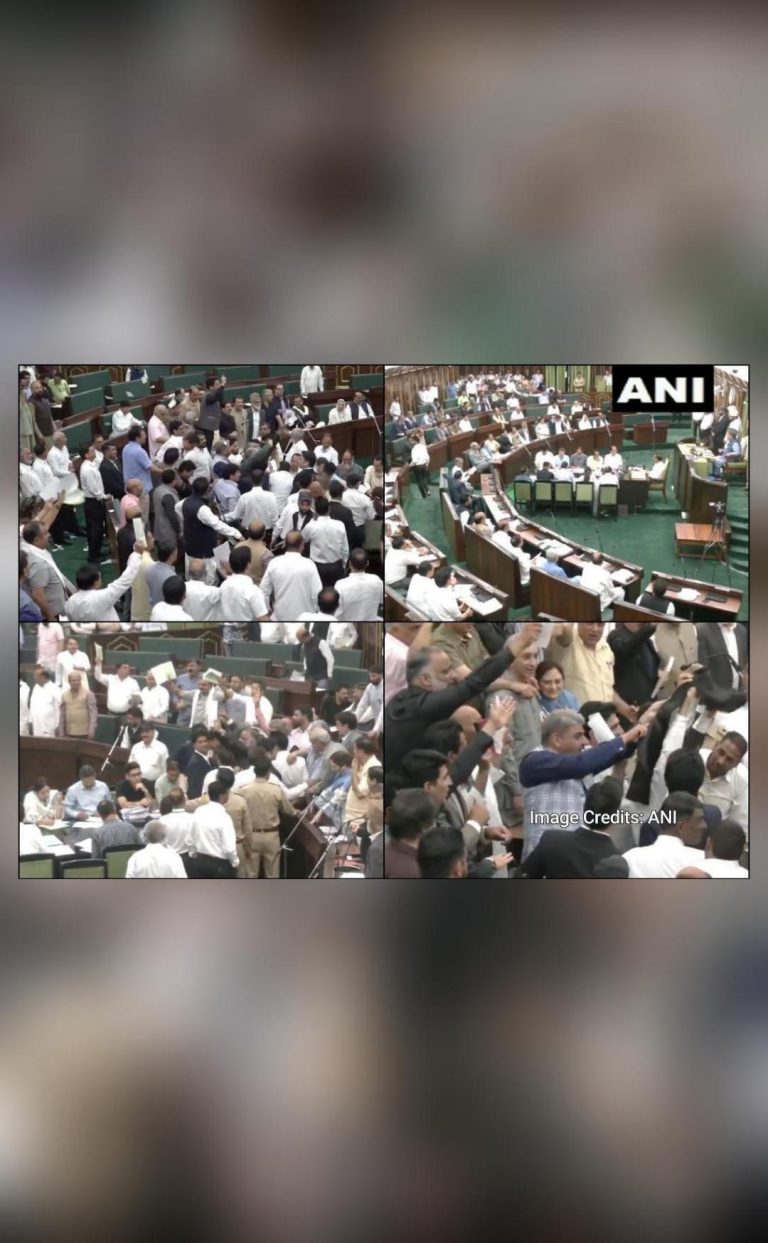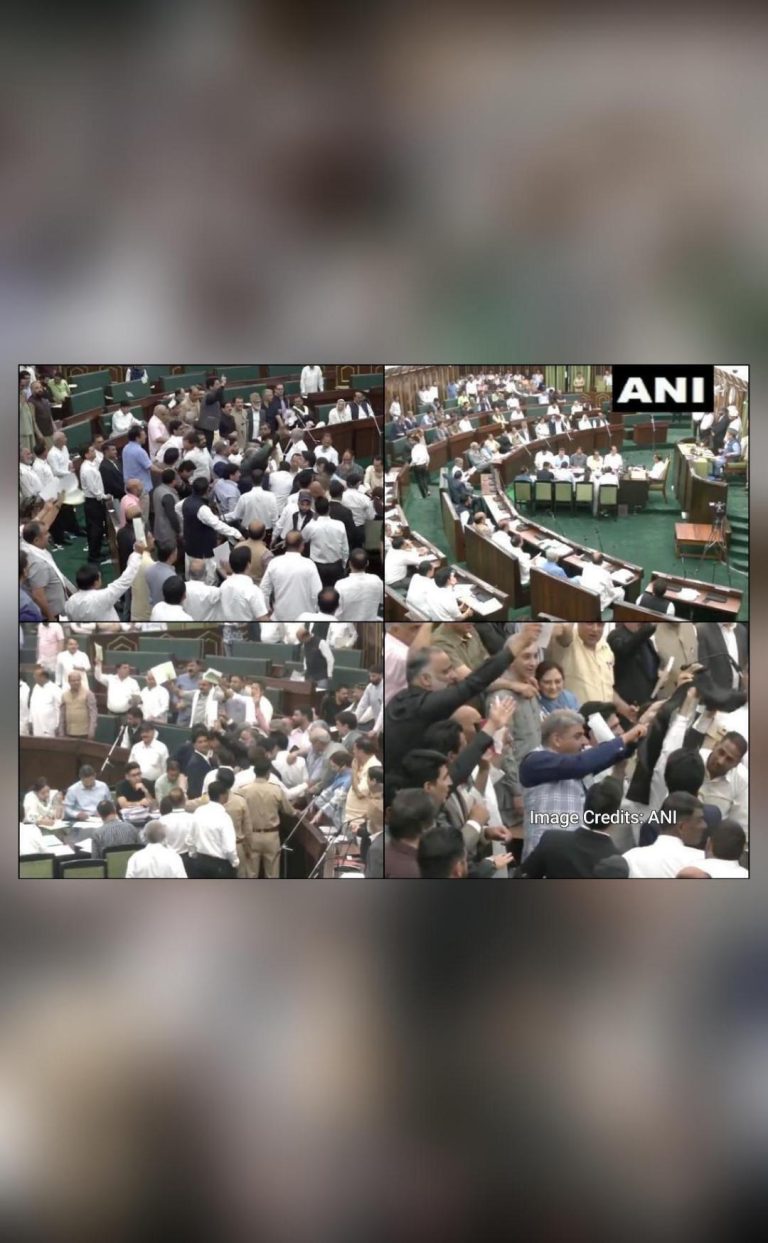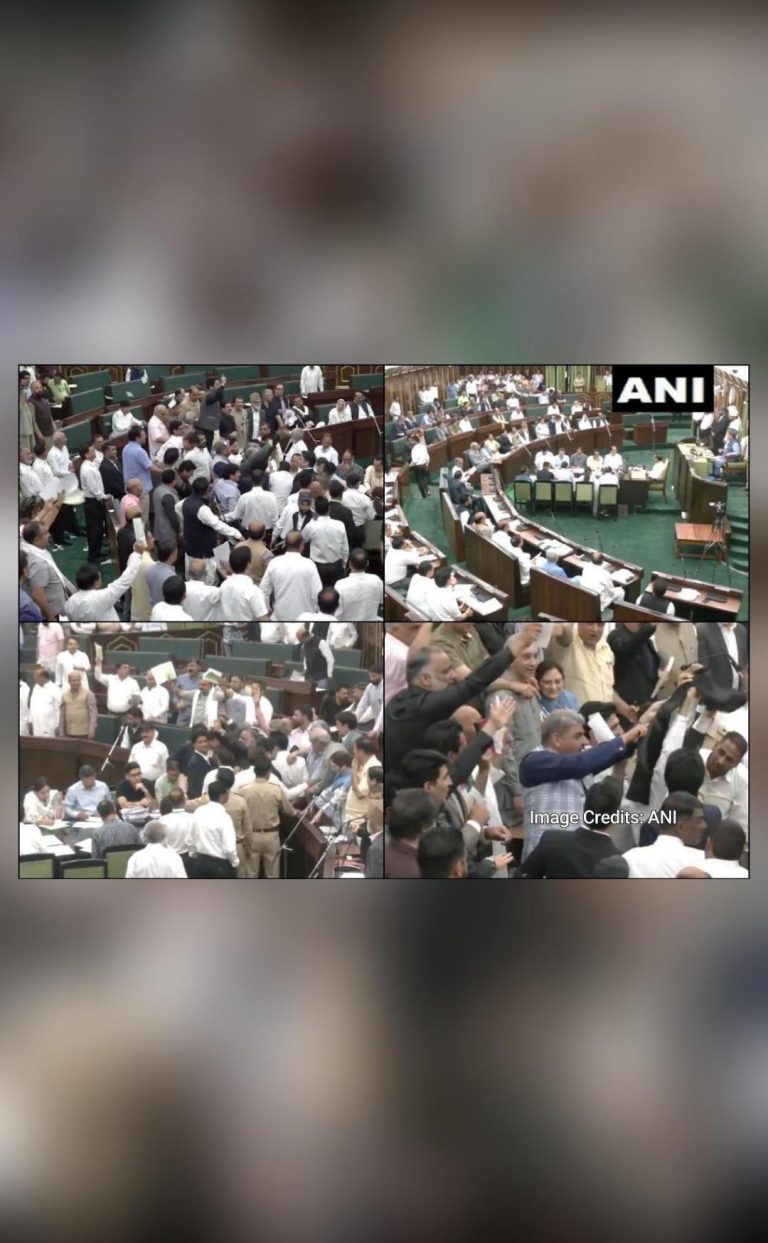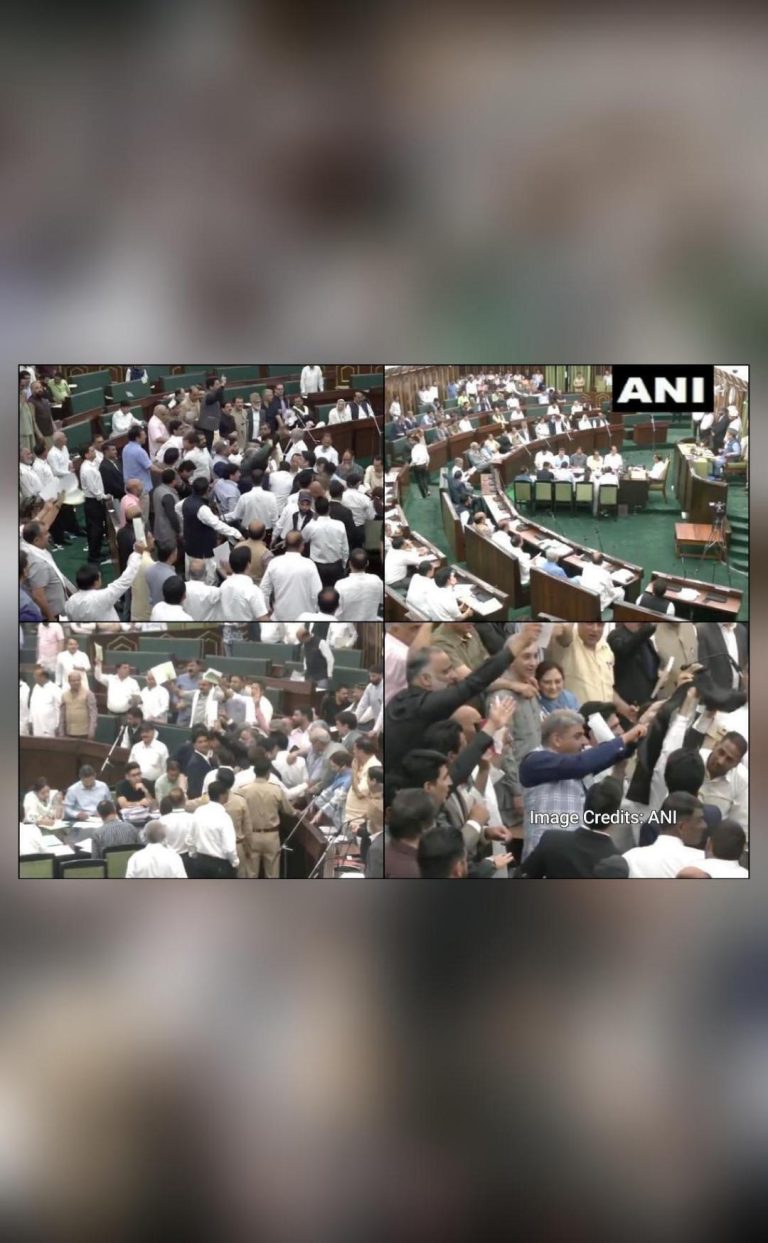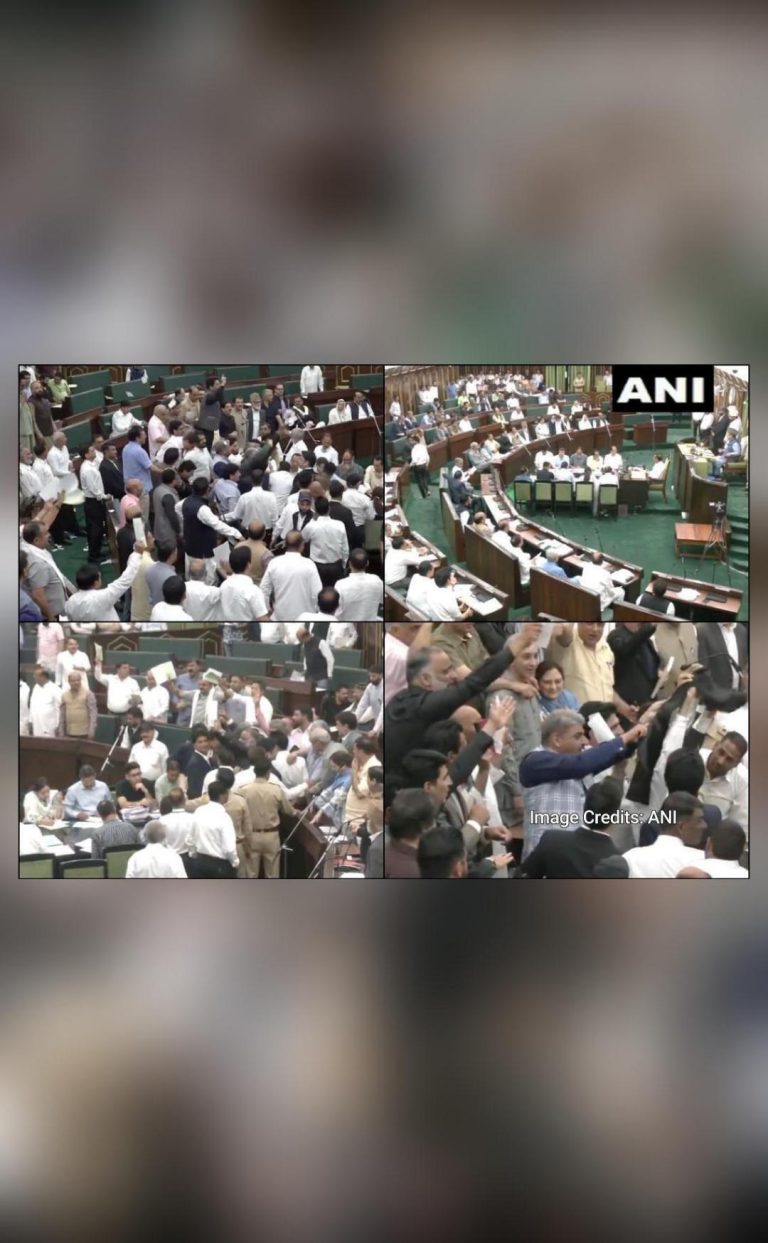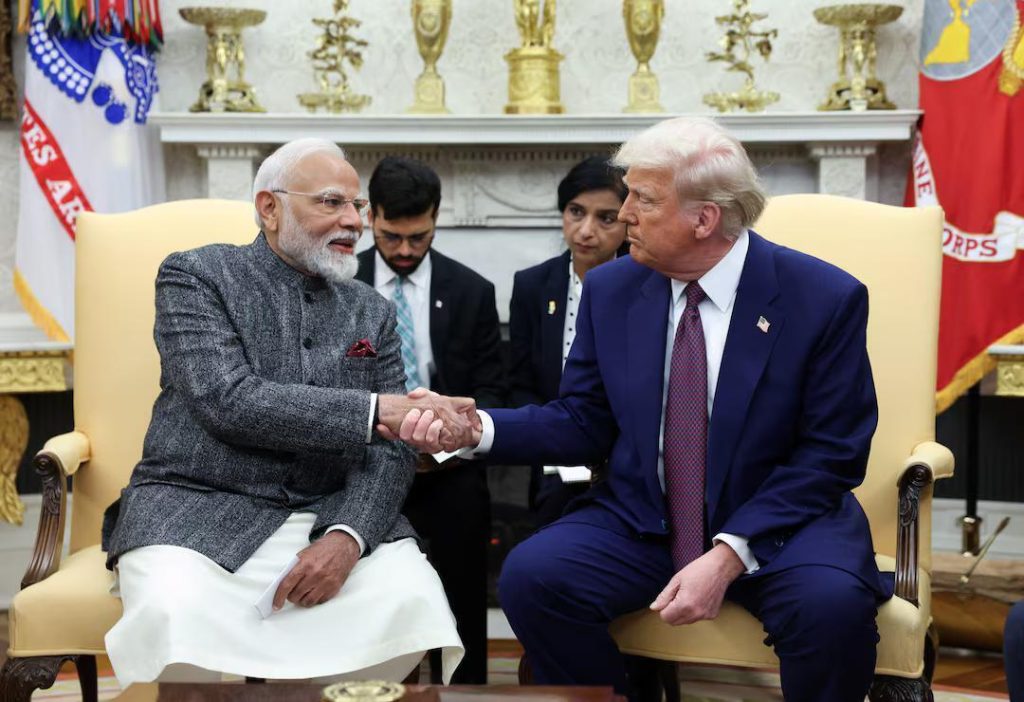
Title: PM Modi & Trump have good chemistry, nationalists respect each other: Jaishankar
The relationship between Indian Prime Minister Narendra Modi and US President Donald Trump has been a subject of interest for many, and External Affairs Minister S Jaishankar has shed some light on what makes their interactions so successful. In a recent statement, Jaishankar attributed their good chemistry to the fact that both leaders are nationalists, and nationalists tend to respect each other.
Jaishankar’s remarks come as a surprise to many, given Trump’s reputation for not always having a positive history with other world leaders. However, he claims that this isn’t the case with Modi, and that the two leaders have developed a strong rapport over the years.
“I felt the chemistry was good,” Jaishankar said in an interview. “I think it’s because both of us are nationalists. Nationalists kind of respect each other.”
This comment has sparked a lot of interest, especially among those who have been following the relationship between Modi and Trump. While some have praised the two leaders for their ability to put aside their differences and work together, others have expressed concern about the implications of their nationalist ideologies on global politics.
So, what does it mean for two leaders who are often seen as divisive figures to have such a strong connection? And what does this say about the state of global politics in the current era?
To understand the dynamics between Modi and Trump, it’s essential to look at their individual backgrounds and ideologies. Modi, as the current Prime Minister of India, has been accused of being divisive and nationalist in his approach to governance. He has been criticized for his handling of issues such as the Citizenship Amendment Act (CAA) and the National Register of Citizens (NRC), which many see as attempts to marginalize minority communities.
Trump, on the other hand, has been known for his nationalist and protectionist policies, particularly during his time as President of the United States. He has been accused of being divisive and polarizing, and his views on issues such as immigration and trade have been widely criticized.
Given this background, it’s interesting to note that Jaishankar attributes their good chemistry to the fact that both leaders are nationalists. This suggests that despite their differences, they are able to find common ground and respect each other’s ideologies.
But what does this mean for global politics? Are we seeing a new trend of nationalist leaders forming alliances and working together, despite their differences? And what are the implications of this for international cooperation and diplomacy?
One possible interpretation is that the rise of nationalism is creating a new era of realpolitik, where leaders are more focused on their national interests than on international cooperation. In this scenario, the relationship between Modi and Trump represents a shift towards a more transactional approach to diplomacy, where leaders are more interested in advancing their own interests than in working together for the greater good.
Another possibility is that the connection between Modi and Trump is a sign of a deeper trend towards authoritarianism and nationalism, where leaders are more interested in consolidating their power and advancing their own agendas than in working together to address global challenges.
Ultimately, the relationship between Modi and Trump is complex and multifaceted, and it’s difficult to say with certainty what it means for global politics. However, one thing is clear: the dynamics between these two leaders are a reflection of the changing nature of international relations in the current era.
In conclusion, Jaishankar’s remarks about the chemistry between Modi and Trump suggest that despite their differences, the two leaders are able to find common ground and respect each other’s ideologies. Whether this represents a new trend towards nationalist alliances or a sign of authoritarianism and nationalism remains to be seen. One thing is certain, however: the relationship between these two leaders is a reflection of the complex and ever-changing nature of global politics.
News Source: https://x.com/ANI/status/1893290316339539998
